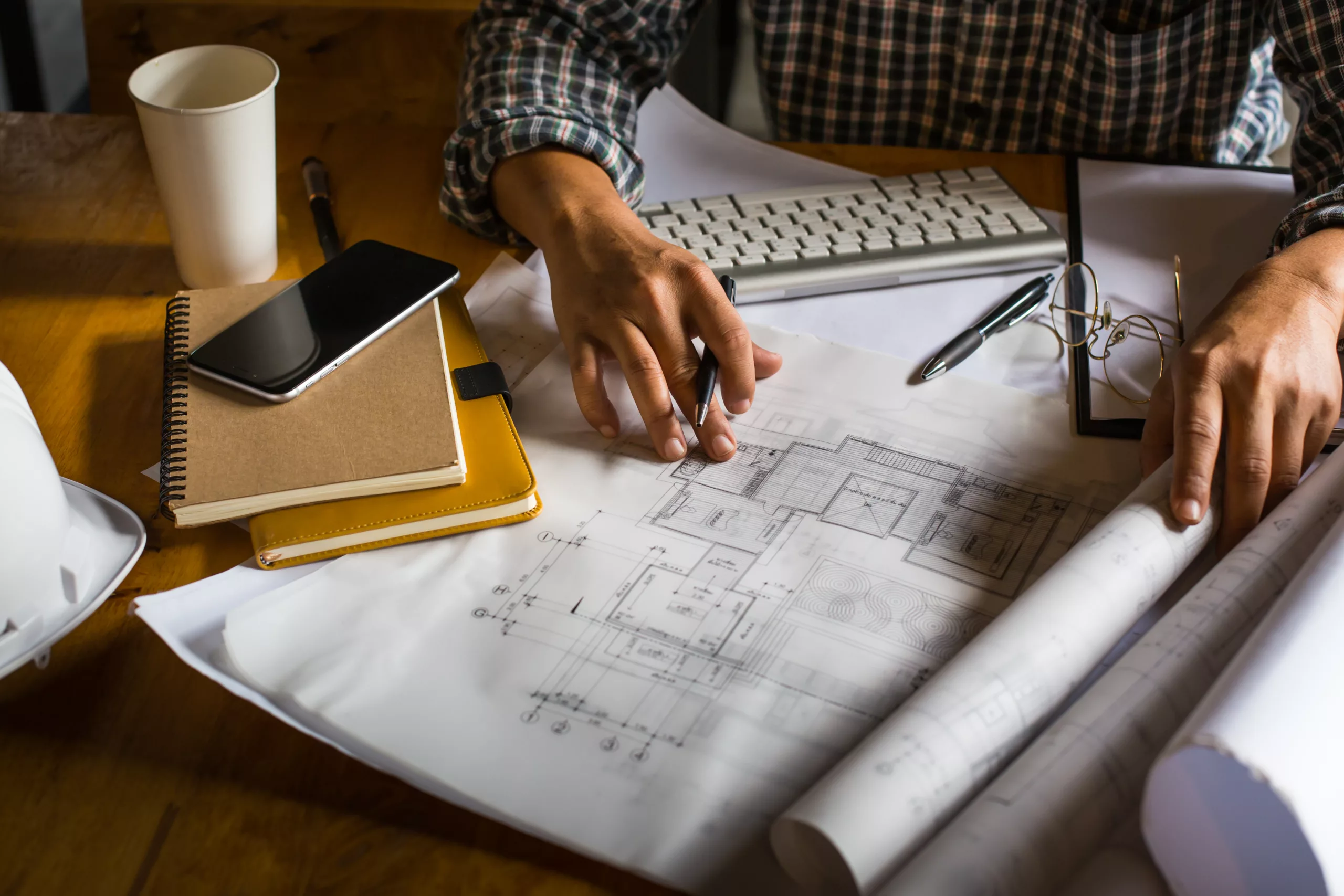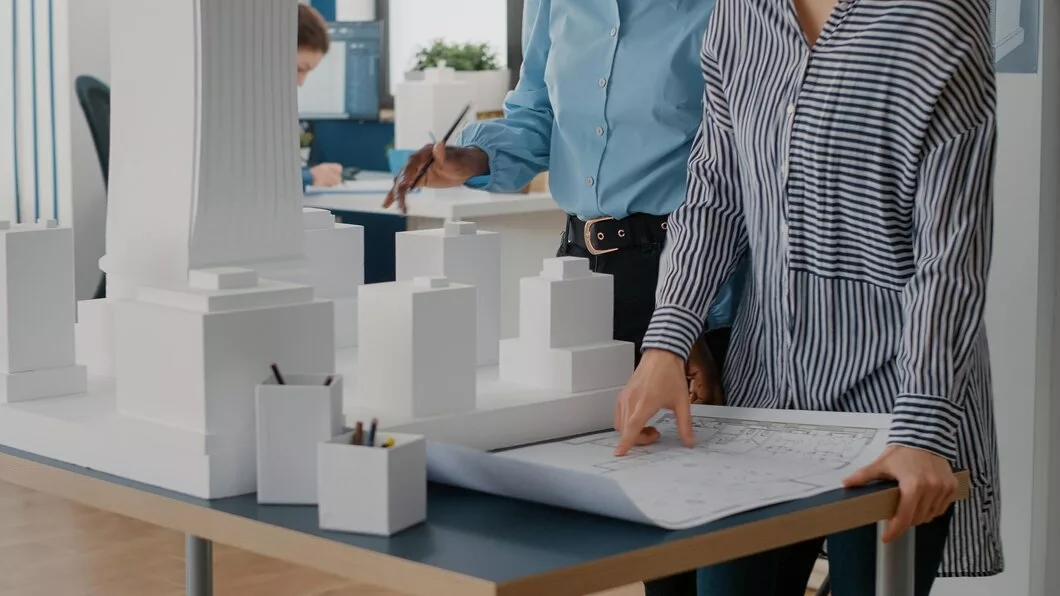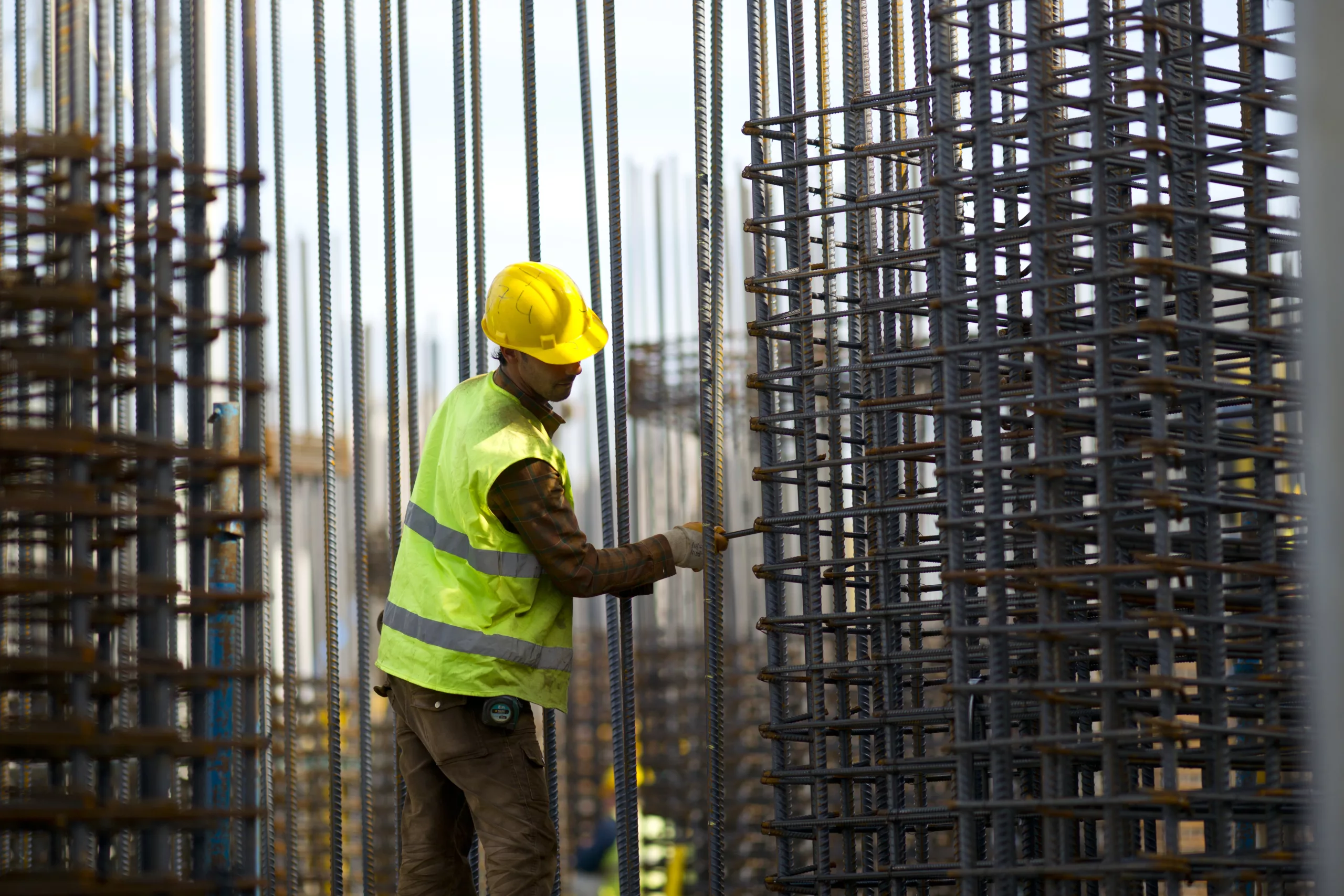

Lean Project Development
Improving capital project phases
Explore our Lean Project Development, where we utilize targeted improvement workshops to optimize every phase of your capital projects.
From the earliest stages of initiation to the critical moments of commissioning, our workshops aim to reduce delivery times, cut current and future costs, and boost the quality of your project outputs.
Learn how we can ensure a vertical startup of your deliverable, whether it involves a factory, a warehouse, equipment, or any other asset.
Discover our Lean Project Development Solutions

Initiation Concept & Feasibility

Definition & Preliminary Design

Detailed Design & Engineering

Procurement, Implementation & Capability Building

Commissioning Post-launch & Reapplication
How to improve the initiation and concept phases?
Initiate each project with a meticulous business rationale to establish purpose and feasibility. Establish stakeholder alignment on strategy, translating it into clear concepts before commencing the design phase. Assess the technical capacity required for successful project delivery.
The following shows some of the workshops scheduled for this stage.

- Evaluate project ideas regarding business alignment priority, cost, and resource requirements to inform funding decisions.
- It allows for informed investment decisions, optimizing the use of available resources.
- Examine how project implementation affects the supply chain to anticipate and address potential issues.
- It ensures alignment with supply chain needs, reducing disruptions and enhancing overall project success.
- Generate and evaluate project options based on designs and costs.
- It provides a basis for informed decision-making and resource planning.
- Identify potential failure points in a project concept and develop countermeasures.
- It enhances performance, quality, reliability, and safety by addressing potential issues proactively.
How to improve the preliminary design phase?
Develop a preliminary design and funding request by evaluating project risks, objectives, requirements, and scope, ensuring a robust foundation for project advancement.
Here are some of the workshops scheduled for this phase.

- Develop a preliminary design with sufficient confidence for a cost estimate accuracy of ±10%.
- It lays the groundwork for detailed design and accurate cost estimation.
- Conduct a workshop to reduce project costs without compromising functionality.
- It maximizes project value by optimizing actual and future costs.
- Ensure that quality considerations are integral to the equipment’s development.
- It leads to a higher-quality final product, reducing rework and enhancing customer satisfaction.
- Identify and propose solutions to ensure better maintainability and vertical start-up.
- It reduces issues during start-up and improves long-term maintenance.
How to improve the detailed design and engineering phases?
Present a fully documented design and specifications to secure stakeholder alignment before the procurement phase, ensuring clarity and agreement on project elements.
Next, we present some workshops to be held during this phase.

- Prepare for commissioning stages in a controlled and organized manner.
- It plans a smooth preparation for ensuring that all systems and components are designed, installed, operated, and maintained according to the established plan requirements.
- Plan procurement based on vendor capabilities, quality, value, and agreed lead times.
- It ensures timely and cost-effective acquisition of necessary resources.
- Gather input and insights from suppliers to avoid future problems and costs.
- It enhances collaboration and minimizes risks associated with supplier-related issues.
How to improve the implementation and capability building phases?
Prepare for smooth procurement, build team capabilities, and ready operations for implementation to achieve a successful Vertical Start-up.
Next, we present some workshops to be held during this phase.

- Plan the tests in the supplier to ensure equipment readiness, compliance with standards, and effective operation.
- It mitigates risks and ensures a smooth transition during installation and operation.
- Improve planning, predictability, and communication in project delivery, especially with suppliers.
- It enhances relationship management and commitment, addressing uncertainty and complexity.
- Plan the tests to ensure equipment/system meets specified requirements and functions effectively on-site.
- It allows for adjustments specific to the site, ensuring successful deployment.
How to improve the commissioning and post-launch phases?
Execute structured Commissioning, Qualification, and Verification activities, ensuring a systematic approach for a successful Vertical Start-up and guaranteeing sustained performance. Enhance future project effectiveness by analyzing project processes and results and continuously strengthening standards and specifications for improved methodologies.
Below are a few of the workshops that will take place during this phase.

- Maintain consistency, quality, and reliability in the delivery of systems or facilities.
- It guides the commissioning team, ensuring all requirements are met for a successful final product.
- Support continuous improvement, knowledge sharing, and risk management for future projects.
- It enhances overall project effectiveness and efficiency by learning from past experiences.
Client Results
Learn how to implement it in your organization
Ready to start?
Find out what are the key opportunities in your processes by conducting a diagnosis workshop
Want to master Capital Project Excellence?
Our playbook is designed to guide you through these complexities, ensuring that you achieve excellence in your capital project endeavors.
What other types of support do we offer?
In today’s fast-paced and ever-evolving economic landscape, the pressure to deliver complex projects swiftly, efficiently, and sustainably has never been greater. At the Kaizen Institute, our approach to Capital Project Excellence begins with a phase of Strategy Design. During this initial phase, we develop a comprehensive roadmap tailored to each project’s unique challenges and goals. This roadmap typically encompasses three types of activities that we specialize in at the Kaizen Institute: Capital Project Management, Lean Project Development, and Project Execution.
Capital Project Management
Use lean capital project management methodologies to streamline processes and improve communication and risk management across capital projects.
This approach ensures that projects are delivered on time, within budget, and meet quality standards.
Project Execution
Leverage our resources to execute projects when you lack the necessary project management capabilities. We provide the essential personnel to manage and implement capital projects efficiently.
This service is designed to seamlessly integrate with your operations, ensuring that projects are executed flawlessly, on schedule, and within scope.
More on Capital Projects
Want to get more insights?
Every industry faces different obstacles
Kaizen Institute works directly with the client teams, with a “Hands On” and “Teaching by Doing” approach
Kaizen Institute works directly with the client teams, with a “Hands On” and “Learning by Doing” approach





